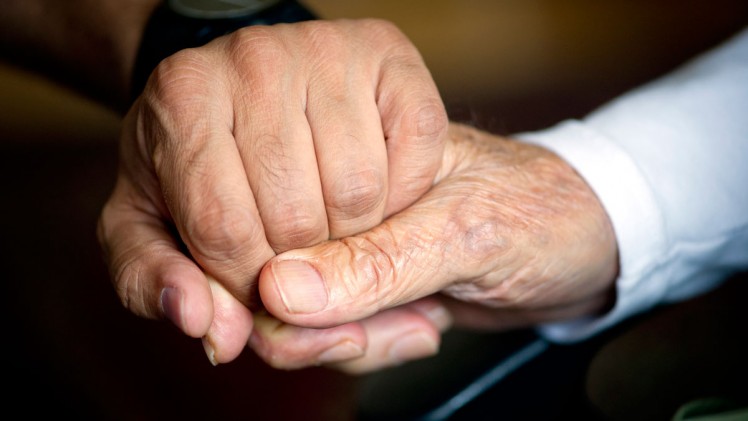-
Tips for becoming a good boxer - November 6, 2020
-
7 expert tips for making your hens night a memorable one - November 6, 2020
-
5 reasons to host your Christmas party on a cruise boat - November 6, 2020
-
What to do when you’re charged with a crime - November 6, 2020
-
Should you get one or multiple dogs? Here’s all you need to know - November 3, 2020
-
A Guide: How to Build Your Very Own Magic Mirror - February 14, 2019
-
Our Top Inspirational Baseball Stars - November 24, 2018
-
Five Tech Tools That Will Help You Turn Your Blog into a Business - November 24, 2018
-
How to Indulge on Vacation without Expanding Your Waist - November 9, 2018
-
5 Strategies for Businesses to Appeal to Today’s Increasingly Mobile-Crazed Customers - November 9, 2018
Where’s the best place to die?
The best place to die in the world is in the United Kingdom having been ranked number one by a study that compared the quality of end-of-life care in 80 countries.
Advertisement
The rankings were worked out following assessments for the quality of the hospitals and hospice environments, staffing numbers and skills, affordability of care and quality of care. Australia is at second position, New Zealand on third and Ireland and Belgium on fourth and fifth position. Uganda ranked 35th and has succeeded in improving access to pain control methods of patients with the assistance of public-private partnership. In a society where talk of death is usually taboo, the integration of community engagement for palliative care education and the encouragement of talking about death through the use of mainstream and social media has helped Taiwan successfully increase public awareness of palliative care, according to the EIU.
Taking a look at India and China (ranked 67th and 71st respectively), the researchers hypothesized why their system was failing, and what it could mean for the two countries.
The index, which was commissioned by local philanthropic organisation Lien Foundation, ranked 80 countries on end-of-life care, up from just 40 countries in 2010. Both have major populations and have seen huge economic growth.
According to the report, the island is one of the first countries worldwide to provide a palliative care framework with a Natural Death Act passed in 2000, along with extensive research programs, available training and accreditation in the field of palliative care, as well as high-quality services offered free of charge.
Despite the UK’s top ranking, the study’s authors say it is “still not providing adequate services for every citizen”.
An investigation by the Parliamentary and Health Service Ombudsman into complaints about end-of-life care, published in May 2015, highlighted issues such as poor symptom control, poor communication and planning, not responding to the needs of the dying, inadequate out-of-hours services and delays in diagnosis and referrals for treatment. Marie Curie said there should be no “business as usual approach” following the report.
“We also know that people at the end of life often lack co-ordinated care, meaning people end up in hospital when they have no medical need to be there, causing a significant strain on the NHS”.
The report added that many developing countries will require resources to meet rising future need as the frequency of non-communicable diseases proliferates and as populations age more rapidly.
Advertisement
The EIU’s 2010 index has sparked a series of policy debates over the provision of palliative care around the world. They even got a flawless score as far as care quality was concerned.





























